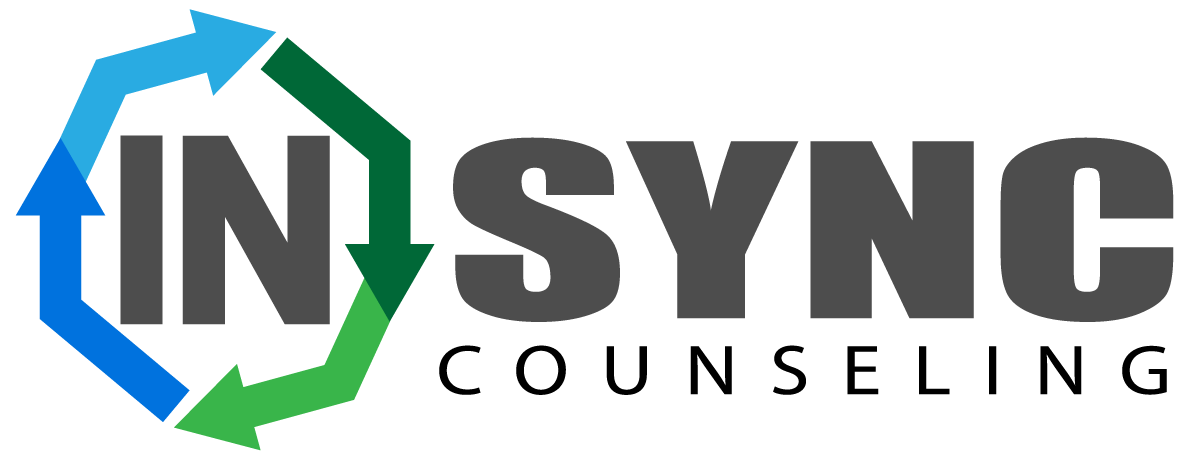Counseling vs. Coaching: Understanding the Difference
In 2024, personal and professional challenges are no less complex, and individuals often seek external support to navigate life's difficulties. Two common avenues for such support are counseling and coaching. While both aim to help individuals improve their lives, they are distinct in their approaches, goals, and methodologies. Understanding these differences can help you choose the right type of support for your needs.
The Purpose and Approach of Counseling
Counseling is a therapeutic process focused on addressing and resolving emotional, psychological, or behavioral issues. It often involves exploring past experiences, understanding their impact on the present, and working through emotions that may be causing distress. Counselors are trained professionals who use various techniques, such as cognitive-behavioral therapy (CBT), psychodynamic therapy, or humanistic approaches, to help clients heal and find healthier ways to cope with their issues.
Key Characteristics of Counseling:
Problem-Focused: Counseling often addresses specific issues such as anxiety, depression, trauma, grief, or relationship problems. It helps clients understand and resolve these problems.
Healing-Oriented: The goal of counseling is to promote healing by processing past experiences, understanding emotions, and developing strategies to cope with difficult situations.
Long-Term Support: Counseling can be a long-term process, where clients work with their counselor over an extended period to achieve deep and lasting change.
Regulated Profession: Counselors are licensed professionals who adhere to strict ethical guidelines and standards set by regulatory bodies.
The Purpose and Approach of Coaching
Coaching, on the other hand, is a process focused on personal or professional development. It is future-oriented and goal-driven, helping individuals unlock their potential and achieve specific objectives. Coaches work with clients to set goals, create action plans, and stay accountable to those plans. Unlike counseling, coaching does not delve into past traumas or emotional wounds. Instead, it focuses on harnessing strengths, overcoming obstacles, and achieving success in career, leadership, personal growth, or wellness.
Key Characteristics of Coaching:
Goal-Oriented: Coaching is centered around achieving specific, measurable goals, whether related to career advancement, personal growth, or lifestyle changes.
Future-Focused: The emphasis is on creating a plan for the future rather than analyzing the past. Coaches help clients identify where they want to go and how to get there.
Short to Medium-Term Engagement: Coaching engagements are typically shorter than counseling, often lasting a few months to a year, depending on the goals set by the client.
Not Regulated: While coaching is a professional field, it is not as heavily regulated as counseling. However, many coaches obtain certifications from reputable organizations to enhance their credibility and skills.
Choosing Between Counseling and Coaching
Deciding whether to seek counseling or coaching depends on your individual needs, circumstances, and goals. Here are some factors to consider:
Emotional Healing vs. Goal Achievement: If you are struggling with unresolved emotional issues, past traumas, or mental health concerns, counseling is likely the better option. If you are looking to set and achieve goals, overcome obstacles, and enhance your personal or professional life, coaching might be more appropriate.
Time Commitment: Consider how much time you are willing and able to commit. Counseling may require a longer-term commitment, while coaching is often more short-term and focused on immediate results.
Professional Qualifications: If you are seeking help with mental health issues, it's important to work with a licensed counselor or therapist. If your focus is on personal development or achieving specific goals, a certified coach can provide the guidance you need.
Comfort Level: Ultimately, it's important to choose a professional with whom you feel comfortable and supported. Whether a counselor or coach, the relationship should be built on trust, respect, and a shared commitment to your well-being.
The Complementary Nature of Counseling and Coaching
It's also important to note that counseling and coaching can be complementary. Some individuals may benefit from both at different stages of their lives. For example, someone might start with counseling to address emotional wounds and later transition to coaching to pursue new life goals. Conversely, someone might work with a coach to achieve professional success and then seek counseling to explore deeper emotional issues that arise along the way.
Conclusion
Both counseling and coaching offer valuable support for individuals seeking to improve their lives. While they differ in their approaches and focus, each can be highly effective in the right context. By understanding the distinctions between counseling and coaching, you can make an informed decision about the type of support that will best meet your needs and help you thrive.
If you're unsure which path is right for you, don't hesitate to reach out to a professional who can guide you through the decision-making process. Whether you choose counseling, coaching, or a combination of both, taking the step to seek help is a powerful move toward a healthier, more fulfilling life. Learn more on our Services page!

